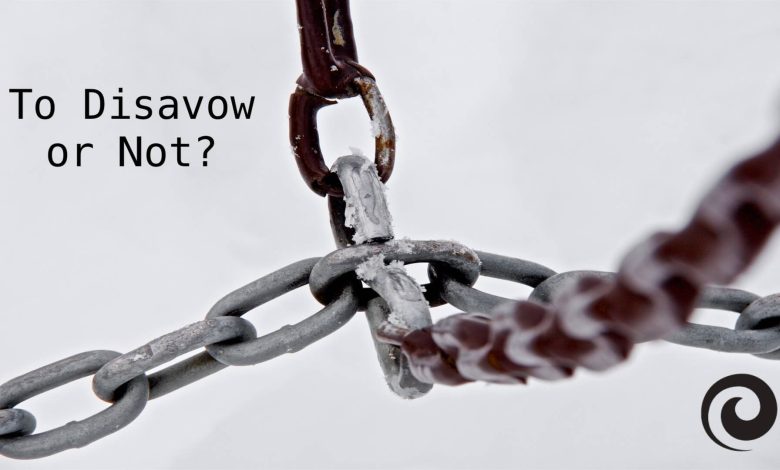
To Disavow or Not? Getting It Right, 10 Years Later
Disavowing links has been a topic of considerable debate among SEO professionals for over a decade. The disavow tool was introduced to help webmasters deal with unnatural or spammy backlinks that could potentially harm their website’s ranking. However, the question remains: is it always necessary or beneficial to use it?
Ten years later, the landscape of SEO has evolved significantly, but the basic principles of link-building and disavowing remain relevant. Here are some key considerations to help you make an informed decision about whether or not to disavow links:
1. Understand the Purpose
The primary goal of disavowing is to inform search engines that certain backlinks should not be considered when calculating the ranking of a website. This can be crucial if your site has been hit by a manual or algorithmic penalty due to unnatural linking practices.
2. Assess the Quality of Links
Not all backlinks are created equal. High-quality, authoritative links can boost your site’s ranking, while low-quality, spammy links can drag it down. It’s important to thoroughly audit your backlink profile to identify which links are beneficial and which are harmful.
3. Manual Penalties vs. Algorithmic Changes
If your site has received a manual penalty from search engines, disavowing harmful links can be an essential step in the recovery process. However, if your traffic drop is due to an algorithmic change, such as the rollout of Google’s Penguin update, the necessity of disavowing may be less clear.
4. Regular Monitoring
Regularly monitoring your backlink profile is crucial. The internet is constantly changing, and new links are established every day. By keeping an eye on your backlinks, you can quickly identify and address any potential issues before they escalate.
5. Natural Link Profiles
In the long term, striving for a natural link profile by focusing on earning high-quality, relevant backlinks should be the primary goal. Creating valuable content and fostering genuine relationships within your industry will naturally attract beneficial links without the need for frequent disavowing.
6. Seek Professional Guidance
If you’re uncertain about whether to disavow links, consulting with an SEO professional can provide clarity. They can conduct a thorough audit and recommend the best course of action based on your specific situation.
In Conclusion
The decision to disavow links should not be taken lightly. Understanding the purpose and impact of disavowing, assessing the quality of your backlinks, and regularly monitoring your link profile are essential steps in maintaining a healthy SEO strategy. A decade later, the principles of good link-building and maintenance remain as important as ever.



